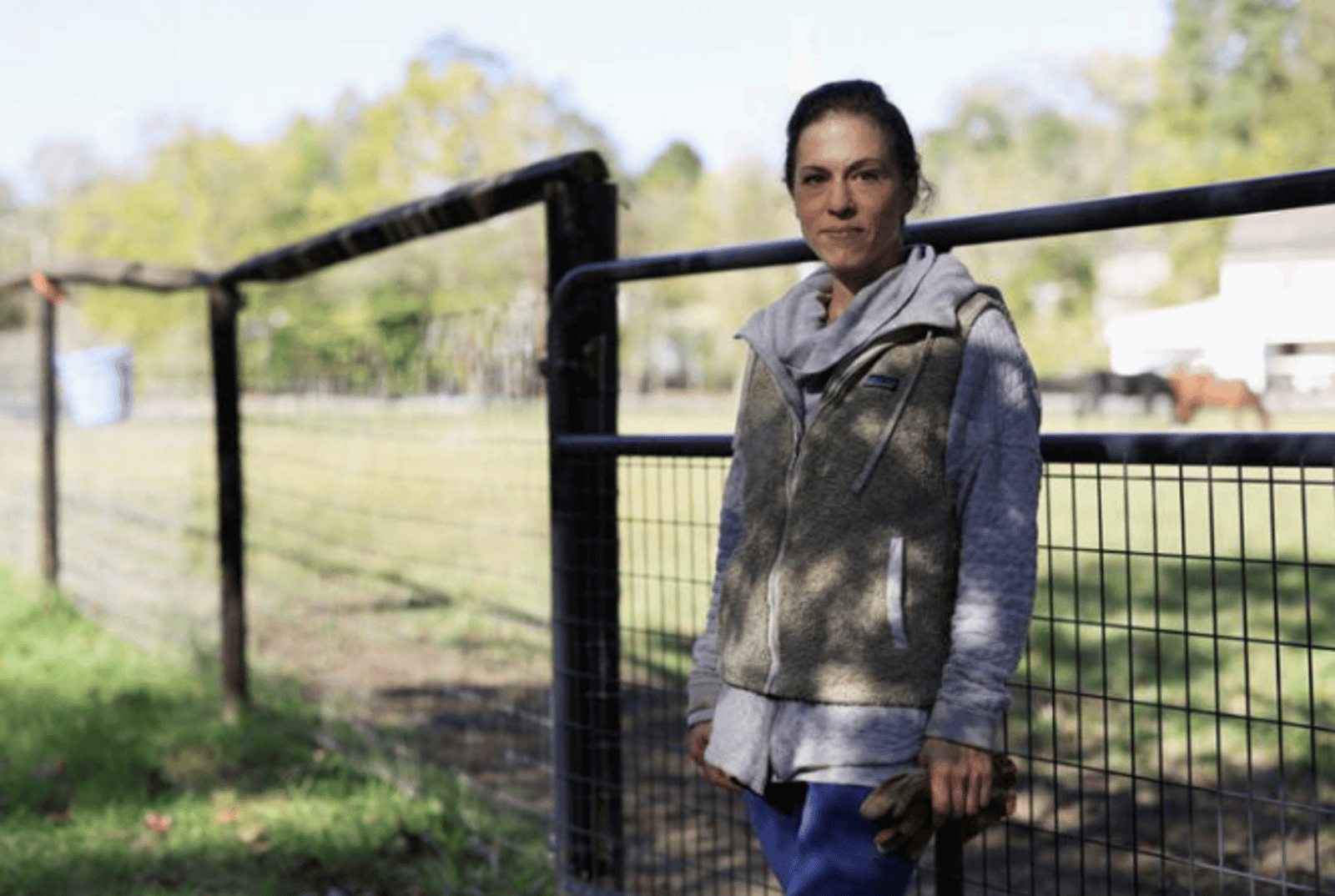
Every Vote Matters Key Issues for 2024. The Importance of Voting
A Personal Experience

Voting is a cornerstone of democracy.
Feeling Disenfranchised
The Growing Number of Lawsuits
Who is Suing Whom?
The Impact on Voters
Many voters share her concerns.
Preparing for the Election
The Role of Advocacy Groups
These organizations, driven by specific causes or issues, mobilize individuals and communities to voice their concerns and promote solutions. Whether focused on environmental issues, human rights, healthcare, or education, advocacy groups serve as a vital bridge between the public and policymakers.
One of the primary functions of advocacy groups is to raise awareness about pressing issues. They educate the public on topics that may be overlooked or misunderstood. Through campaigns, workshops, and social media outreach, these groups inform citizens about the implications of various policies and the importance of civic engagement. This knowledge empowers individuals to take action and participate in the democratic process.
In addition to education, advocacy groups often conduct research and gather data to support their positions. By providing credible information, they strengthen their arguments and enhance their credibility. This research can be pivotal in persuading lawmakers to consider specific legislative changes or to allocate resources to particular issues.
Moreover, advocacy groups play a significant role in mobilizing grassroots efforts. They organize rallies, petitions, and lobbying efforts, encouraging community members to engage actively in advocacy. This grassroots mobilization not only amplifies voices but also demonstrates to decision-makers that there is widespread support for specific issues.
Collaboration is another key aspect of advocacy work. Many advocacy groups form coalitions to unify their efforts, pooling resources and expertise to increase their impact. These partnerships can lead to more comprehensive approaches to tackling complex issues, making them more effective.
In summary, advocacy groups are essential in promoting social justice, protecting rights, and influencing policy change. Their ability to educate, mobilize, and collaborate ensures that diverse voices are heard and that important issues remain at the forefront of public discourse.
Looking Ahead
As we stand on the brink of a pivotal moment in history, the future beckons with both challenges and opportunities. For individuals, communities, and nations alike, the path ahead is laden with potential.
Innovations in artificial intelligence, renewable energy, and biotechnology promise to redefine our way of life. These breakthroughs offer solutions to some of the most pressing issues we face, such as climate change and public health crises.
However, with progress comes responsibility. Ethical considerations must guide our advancements. Stakeholders must engage in thoughtful dialogue to ensure that technology serves humanity’s best interests, rather than exacerbating existing inequalities.
On a social level, the call for inclusivity and diversity is louder than ever. Movements advocating for equity and justice are reshaping conversations worldwide. The journey towards a more just society requires active participation from all. Looking ahead, fostering an inclusive environment where every voice is heard can lead to richer perspectives and innovative solutions.
As citizens become more informed and active, their influence can drive change. Ensuring that every voice is counted empowers communities to advocate for their needs and priorities.
Ultimately, looking ahead means embracing change while remaining grounded in our values. By approaching it with courage, creativity, and collaboration, we can forge a brighter tomorrow for all.
Conclusion
Read More








